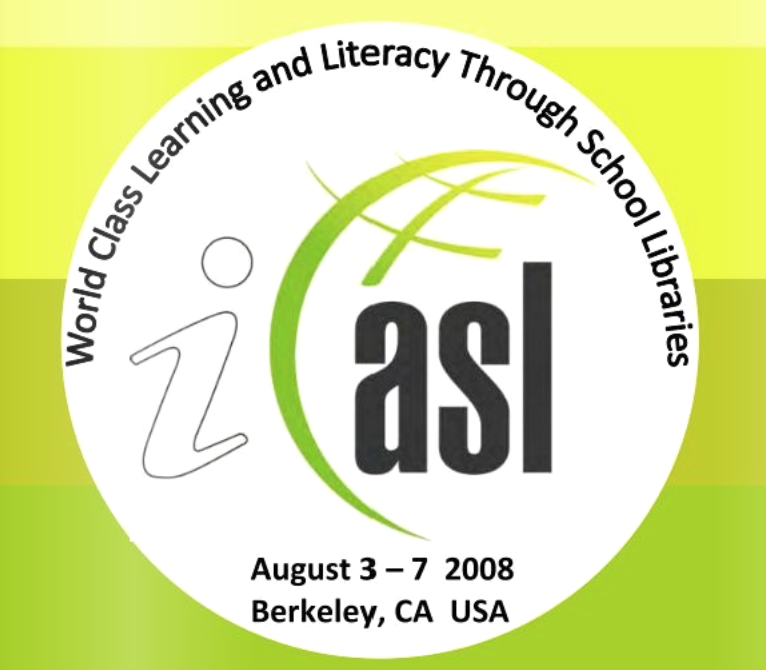School Libraries as Foundation for World Class Learning: Experiences of an Indian Librarian
DOI:
https://doi.org/10.29173/iasl7952Abstract
The combination of study of Information and knowledge leading to wisdom; intellectual expression and scholarly appreciation leading to culture is the very process of learning. When this study is considered of high standard throughout the world, it becomes World Class Learning. Schools are the educational institutions wherein children are guided and trained to be disciplined and enlightened individuals. This responsibility is the onus of educators and greatly influenced by the facilities provided at school. The role of educators is highly regarded and recognized but equally important is the impact of the facilities provided in the schools. The most distinct facility is the library or the resource centre. We as information professionals agree that “Libraries Change Lives” which is a universal truth, for the kind of reference resources and the scholarly works they contain. What is the outcome if the resources are highly valued, are in great condition, well organized, etc. but there are no takers for these resources or the users lack the skills to use the resources? Some of the reasons for this short coming may be due to the absence of proper initiatives, promotion of resources and the services by the librarians. This paper attempts at combining the librarianship skills and literacy skills, resulting in the emergence of practical techniques and to how to apply this knowledge for promotion of the resources available and the services offered. Some tried and tested successful strategies namely Structured Library Periods (SLP), Adopt a Book Project (ABP), Five Best Friends in the Library (D.E.A.T.Y.), Focus Group Discussions (FGD), Application of Multiple Intelligence (MI) Theory for the effective use of library resources by K-2 Students, Use of Open Access(OA) Resources in ZSE RC experimented at the author’s school are presented. These practices are simple, innovative and create a positive impact on the student. They also increase the library’s contribution in achieving the school mission and very easily adaptable by the school libraries or librarians of the developing countries. But there is always scope for refining and improving the strategies tried and tested, in the course of time to suite the ever changing landscape of information and technology and more importantly, to satisfy the ever demanding user and his needs.
Downloads
Published
Issue
Section
License

This work is licensed under a Creative Commons Attribution-NonCommercial-ShareAlike 4.0 International License.




